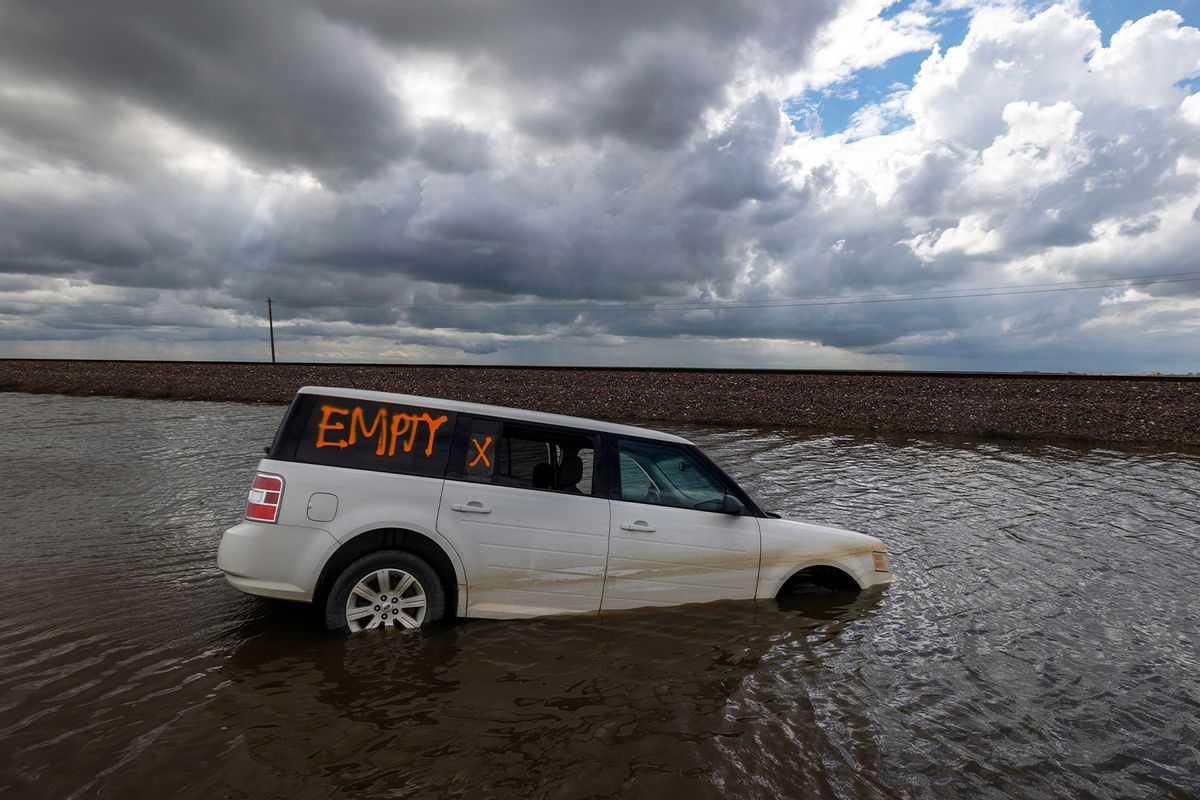The El Niño–Southern Oscillation (ENSO) is a cycle which causes periodic variations in the winds and sea surface temperatures over the tropical eastern Pacific Ocean. Through both its warm El Niño phase and its cold La Niña phase, ENSO can cause flooding, heat waves, tropical storms and other types of extreme weather. The La Niña phase specifically is associated with unusually warm winter temperatures in the South, unusually cool winter temperatures in the North and more severe hurricanes during hurricane season.
These things matter now because, according to a recent study published in the scientific journal Nature, global warming is going to cause the La Niña phases to be both longer and more frequent. The international team of researchers concluded this by analyzing data acquired through the Coupled Model Intercomparison Project Phase 6 (CMIP6). According to Dr. Geng Tao from Ocean University of China, the first author of the study, "these findings suggest that weather extremes as seen during the 2020–2022 La Niña will probably occur more frequently in the near future." The authors particularly pointed to an extreme weather event from 2020 that they project will become more common.
"A three-year-long La Niña event beginning in 2020 had a key role in triggering consecutive seasonal droughts in parts of the United States and the Horn of Africa, and in causing floods in eastern Australia," the authors write. "This rare 'triple' La Niña sparked worldwide discussion about how global warming could change the duration of these formidable events."

Shares